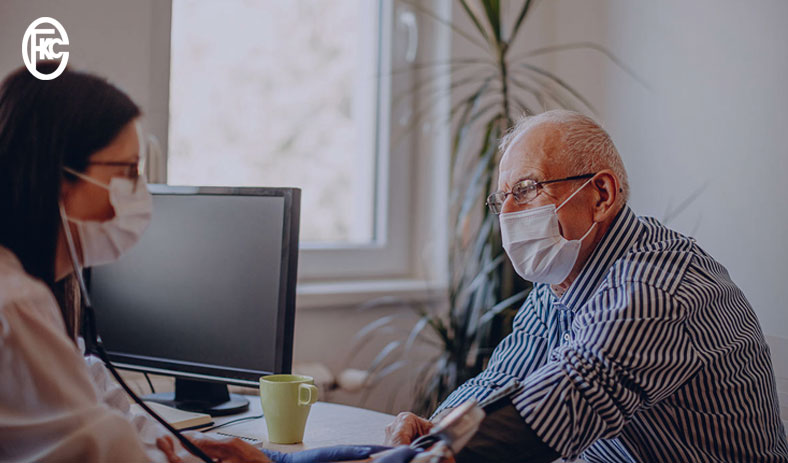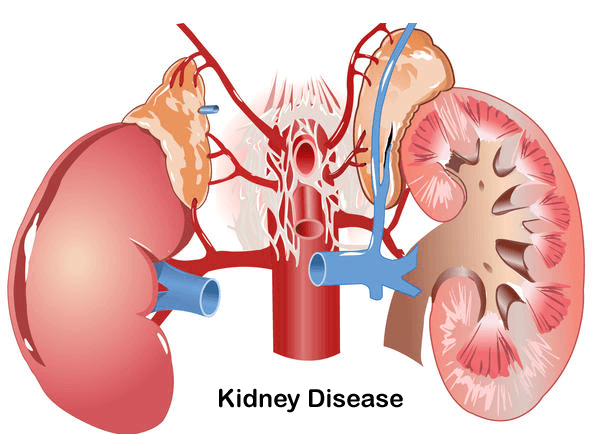
If you have CKD, you can protect your kidneys from additional damage by following a few simple guidelines. It is to your best advantage to acquire a kidney disease diagnosis as soon as possible. The precautions you take to keep your kidneys safe may help you prevent heart disease and improve your overall health. It may be difficult for you to implement these changes when you are not suffering any symptoms, but it will be well worth the effort.
The essential thing you can do to treat renal disease is to keep your blood pressure in check. You're more likely to suffer from kidney damage if you've had hypertension. Protecting your kidneys is one of the best ways to keep your blood pressure in check. Blood pressure should not exceed 140/90 mm Hg for most persons. Choose the best kidney center for the right kind of options.
Stay aware of your blood sugar levels and ensure they fall within the range established for them. Based on the results, make decisions regarding your food, exercise, and medication regimens, and check with your doctor to see how often you should check your blood glucose levels.

It is possible to track any changes in kidney function or damage that may have happened using the same tests doctors use to assess if a patient has renal disease. Kidney disease progresses over time. Ask your doctor how the test results compare to the results of the prior test whenever you are checked.
To learn as much as possible about your present health state and treatment options, you should do your best to prepare ahead of time. In a circumstance like this, it's normal to have many questions. To avoid forgetting anything crucial to bring up with your doctor or another healthcare provider, you should write down any questions you have as soon as they pop into your head. It's okay to ask questions regarding the tests being run, the interpretation of the results, or the necessary dietary and pharmaceutical changes.
Many people with chronic kidney disease also suffer from co-occurring illnesses, including hypertension, diabetes, and high cholesterol, often treated with the same drugs. Most people with hypertension need two or more drugs to control their condition. You may need to take a diuretic, also known as a water pill. Your primary focus should be lowering your blood pressure to a healthy level. You may discover that these drugs work better if you reduce salt intake. Choosing the Florida kidney center is a good option here.
Your primary care physician may opt to alter your prescription when your kidney condition worsens. Toxic drugs may build up in your blood because your kidneys cannot filter the blood as well as they previously did. Some drugs have the potential to harm your kidneys.